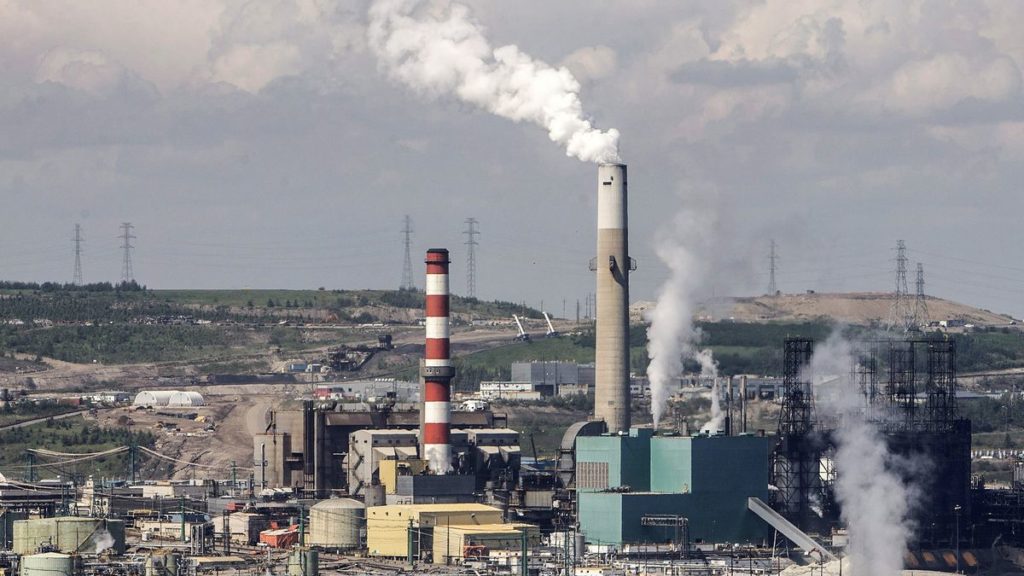But there’s a lot riding on it becoming a key technology for reducing emissions.
This is a ban that a group of 400 scientists and academics is calling for.
If the government is bent on pushing CCUS to halt emissions from industrial activities, the group said, it should provide the tax benefits to other sectors, such as cement and steelmaking.
But the transition to cleaner technology won’t happen overnight, and currently a massive portion of the Canadian economy and employment remains tied to traditional energy production and use.
The federal Liberals are faced with striking a balance between making the necessary shift to a low-carbon economy while preventing – or at least minimizing – economic disruption and job loss, especially in the West.
Last year, the government announced the tax credit for CCUS, saying the technology is “an important tool for reducing emissions in high-emitting sectors” that could cut GHGs by 15 megatonnes a year.
Some industry leaders have called for the credit to include enhanced oil recovery – where CO2 is injected into aging reservoirs to boost oil production.
and the other major oil sands producers announced that they had agreed to pool their efforts to get to net zero by 2050.
As of today, the ability to capture and sequester carbon on a massive scale is crucial to their plan.
The fact is that CCUS, either by burying carbon or using it to make products, still needs to be proven at scale, both technologically and economically.
The scientists are correct that Canada needs to kick its addiction to fossil fuels to meet its net-zero commitment, but the transition is a nearly three-decade proposition.
